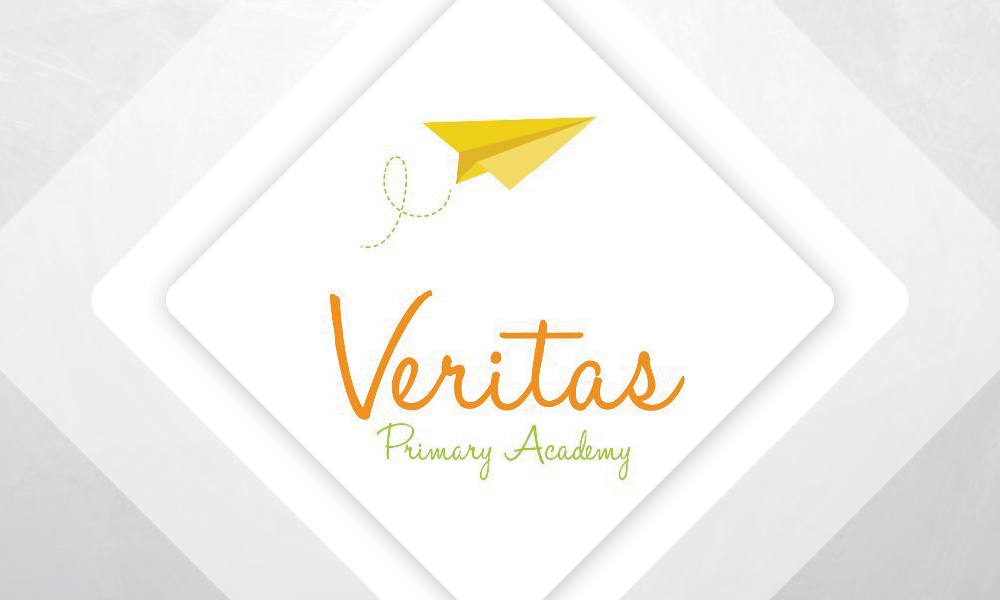A change of direction and a leap of faith
Veritas Primary Academy decided to review its curriculum in 2020. At the time, the school was offering children amazing ‘sensational starts’ and ‘fantastic finishes’ and allowed teachers creativity with an overview of key learning to topics and projects, but this meant that sometimes not everything was covered because teachers took learning in their own direction.
Reflecting on their previous curriculum, Richard acknowledged that, ‘while it was full of engaging activities and great wow starts, we found that it was too vague. It lacked the clear sequencing and structure required to give children the appropriate knowledge and skills.’
Initially joining Cornerstones in Sept 2020, the school decided that once the sequenced curriculum was launched, it was time to go ahead and adopt it. ‘Staff had a very positive response; people were very impressed with the number of resources in the new curriculum materials,’ said Danielle. Veritas took the strategic decision to go for a ‘soft launch’ over time and moved towards a subject-specific approach, which the curriculum allowed.
A clear progression in books, providing evidence of challenge
To begin with, the whole school covered the geography mini ‘world’ projects that focus on globe, map and atlas skills, which opened their eyes to the expectations of the national curriculum. ‘The content was so much more than what we might have delivered ourselves, and the progression from year 1 to 6 was just so clear in our learning walks and looking at books,’ said Danielle. Richard agreed, ‘I think we are now getting to the point where our wider curriculum is no longer the poor relation to English and maths.’
Ambitious links to literacy
‘The sequenced curriculum is packed with thousands of teaching ideas. Many of them link to literacy’ said Richard, ‘we know this is the best way to embed and reinforce knowledge as well as deepen reading and writing skills, particularly in developing vocabulary.’
Some teachers may initially find our ambitious reading materials very challenging for their pupils. Still, as Danielle says, ‘as a teacher, it is your professional decisions that will support children in accessing the texts. How else are they going to absorb all the knowledge required of them unless we place reading at the centre of the curriculum?’
Richard, a Year 6 teacher, recently taught the history project Maafa and found the reading materials invaluable for helping deepen children’s understanding. ‘Our pupils were able to work out the cause and consequence of the events as it was so clearly mapped out in the lesson sequence.’ In addition, the school’s literacy lead, Becky Burgin, has matched up the texts to the literacy teaching. ‘We use the Cornerstones English packs to complement what we already teach,’ says Danielle. ‘This ensures the children are offered rich texts and links to the main themes where it works most effectively’.
Fitting it all in
No primary teacher we know has ever looked at the clock and thought, ‘wow! This day is really dragging.’ Lack of time is just part of the job for teachers.
When schools implement a new curriculum, one of the most frequently asked questions is ‘how do we fit it all in?’
At Veritas, bold decisions were made about the way learning was organised in the weekly timetable with teaching blocks built around subjects. For example, in the Autumn term, art and design was taught for one week, then four weeks of history, two weeks of science, two weeks of geography, one week of science, two weeks of geography, two weeks of art and design / design and technology.
Each of the Cornerstones curriculum lessons is shown on the weekly timetable as ‘Learning Adventure,’ and the school allocates about four hours a week to deliver the lesson content. Cornerstones Introductory knowledge lessons have provided a much-needed structure after the uncertainty of the pandemic. ‘It has really helped our children because covid interruptions have left them with so many gaps we can bring them all quickly to the same starting point. Teachers combine lessons if they are struggling for time, and they will use the Actual Coverage Tool (which maps lessons already taught) to help them make those decisions’ says Danielle.
The pace of teaching is an important factor in getting it all done at Veritas: as Danielle commented, ‘The volume of content has really increased the intensity of pace – teachers are so keen to get everything covered, it has created a sense of urgency around the learning.’
“The support is always amazing”
At Cornerstones, we offer support as part of the licence fee, and Veritas have found this really useful. Danielle said, ‘I am on the live chat constantly and the support is always amazing. I always refer my teachers to the live chat if they want a quick answer. Subject leaders have so many tools on Maestro to help them. We have taken advantage of individual meetings with advisers at Cornerstones to look at how to make the best use of it, and they have been really helpful.’
Next steps
Veritas has fully embraced the sequenced curriculum and the online platform Maestro so far, but as with all curriculum development, there is always more to do.
Next, they will be thinking of ways Maestro can support formative and summative assessment. Danielle asks her teachers to spend time ‘thinking about their children as geographers and historians as the main purpose for assessment.’ The updates to the integrated assessment package on Maestro will certainly help them to do this.
Another area Veritas is keen to develop is understanding the Big Ideas in the sequenced curriculum (the larger concepts that underpin each subject area) through the View Progression function. They are also going to make more use of the CurriculumPRO functions to support subject leads when they interrogate their own subject internally.
Angela said that Cornerstones and the Maestro platform delivered on its promises, ‘We joined Cornerstones to give our curriculum a clear intention and the children are just so much more able to talk about their learning. Their breadth of understanding is just deeper, and we see greater coverage and how it all links together. They just seem so much more confident. The sequenced curriculum gives the teachers the subject knowledge and consistency of curriculum delivery. It is a starting point that makes it equitable for all of them.’
‘The sequenced curriculum has deepened our children’s knowledge; they can talk about their learning in a more confident, meaningful way.’
Angela Didier, Headteacher



